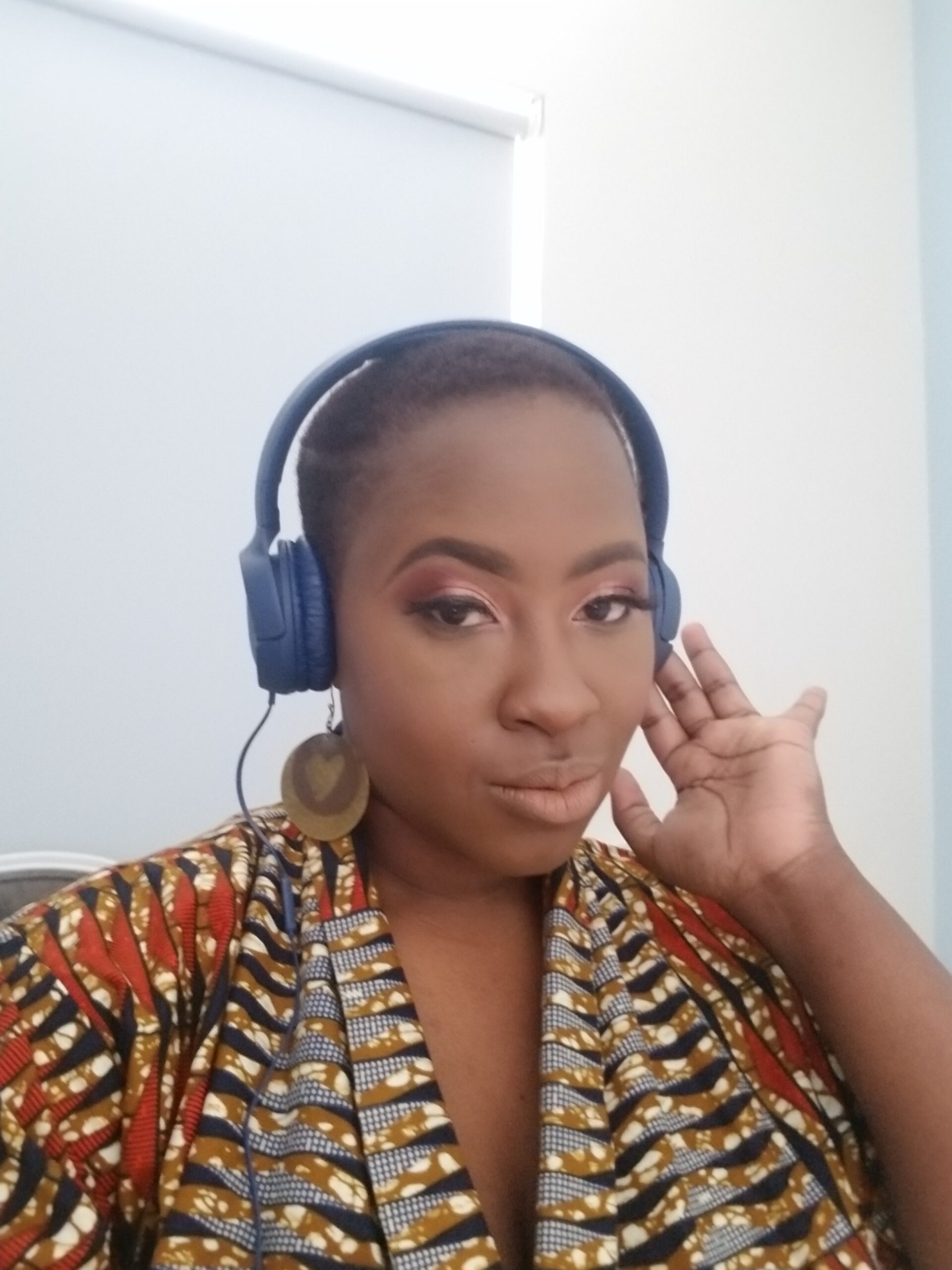I am guilty of posting some of those “Look at my life” statuses, the “I am so witty” tweet and the occasional “My food is calorific” Instagram post.
But frivolousness aside, why is it that we live in a world where we’re more likely to put up a Facebook status about self-harm than actually talk to someone about it? That we can “have the chest pains” status on the timeline but not actually reach out to friends? That we live in a world where we show the most basic level of concern with filters and statuses but seem to do nothing about anything in real life? That we find new and glorious ways to feel anxious and like failures in the name of “social engagement”?
I recently read an article about annoying behaviour on Facebook and realised that not only was I subjected to some real rubbish online but that I too had been a culprit. The article categorised annoying Facebook behaviour in five categories: Image crafting, narcissism, attention craving, jealousy inducing and loneliness. None of these are a emotionally healthy place from which to be airing one’s life.
Scrolling through my Facebook timeline I realised that I often witnessed instances of all of the above in the form of “cryptic cliff-hangers” and “undercover brags” among other types of statuses. Question is when you get 144 likes, do you REALLY think that is 144 well-wishers or is there simply no other way to react to a post? The angry button seems more for outrage than “this post was a waste of my data, either tell us the full story or pack it in”.
Why engage with the online (public space) in this way if we all secretly know we are judging each other? The answer is because you want people to think you are fabulous even if they think you’re annoying.
And that’s OK.
Sort of.
The problem with social media is that it is at best a very limited snapshot into the lives of other people and at worst a jealousy-inducing drug cut with narcissism that is killing the dealer and the drug user. Your 18th selfie showing how crunches are working has not inspired me to exercise but simply try slip a pizza slice under your pillow. And you know you didn’t post that status about your new job to make me want to get a promotion but to feel bad about my crappy desk that’s too close to the cooling vent in winter.
In light of all this, social media has made us lonelier and more neurotic than ever before. We sit and pray for likes, retweets and subsequently feel the shame of a thousand nations when we don’t garner enough of the aforementioned. We experience heightened levels of social anxiety that are not being properly dealt with. The mental and emotional health repercussions of our quest for likes and retweets is going wildly unchecked.
“Social media is full of all kinds of anxiety,” says Dr Pamela Rutledge, director of the Media Psychology Research Centre — an independent non-profit dedicated to media and technology research. The lack of interaction on a face-to-face level is causing heightened levels of stress and other mental health disorders. And the research of Dr Victor Schwartz, lead psychiatrist and medical director at the Jed Foundation, found a strong link between the amount of time we spend on social media and depression.
Another study conducted by Dr Ethan Kross, founder of the Emotion & Self Control Laboratory at the University of Michigan, and research by the University of Missouri, found that there was a direct connection between heavy social media usage (specifically Facebook), and feelings of depression and envy. That green-eyed monster was identified as another major issue observed in prevalent social media use among young people. “Feelings of inadequacy, jealousy, anxiety and depression are often a result from the daily unhealthy self-comparisons people make to their peers and strangers online.”
The pressure to garner mass social acceptance has more of a psychological effect than people understand. Many would dismiss it as good fun but the stakes are higher than some people care to admit, the pressure more than they let on. And with the increase in the number of people engaging in social media the pressure will only increase.
So will your selfie save the world? No.
Is it annoying that your status is basically telling me my life sucks? Yes.
Does your tweet make me want to cringe and throw my phone across the room? Possibly.
Should you be allowed to use social media as you please? Yes. But just know that there are people out there who will genuinely poke you, laugh out loud or throw a sheep at you, if you really want them to. You just have to stop chasing the retweet like a high for a second.




